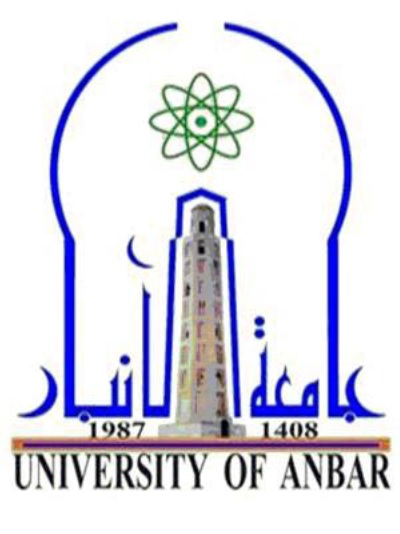This special session is organized and supported by the University of Anbar.
Session Chair:
Professor of Molecular Biology, President of University of Anbar, IRAQ (ph.dr.mushtak_72@uoanbar.edu.iq) Session Co-chairs:
PhD in Artificial Intelligence and Healthcare Systems, Centre of Computer, University of Anbar, IRAQ (a.j.aljaaf@uoanbar.edu.iq)
Professor of Intelligence Control Systems College of Engineering, University of Anbar, IRAQ (yousif.mohammed@uoanbar.edu.iq)
PhD in Artificial Intelligence and Metaheuristics, Centre of Computer, University of Anbar, IRAQ (co.esamtaha@uoanbar.edu.iq) Synopsis:Artificial Intelligence (AI) has innumerous applications in health, science, and engineering. Whether it’s being applied to analyse big data or to improve decision making, machine-learning empowered applications performing tasks that are typically done by workers, but in shorter time and lower cost. Advances of data collection means, and methods lead to a massive amount of multi-structured data that can be used to derive better information as a breakthrough toward more intelligent real-world applications. Proper machine learning algorithms trained on gold-standard data can derive new solutions to handle Global Pandemics, Classify Medical Images, develop Predictive Models for different Engineering Applications, improve Complex Models for Cloud, IoT and Smart Traffic Applications, and help to identify global trends on Social Media Networks. In this special session, we are targeting state-of-the-art as well as emerging topics pertaining to AI and machine-learning and the effective strategies for their implementation to improve our daily life. We aim to provide an opportunity for Researchers, Academicians, Industry persons and students to present their works, share knowledge, and provide insights into intelligent and innovative applications. Topics:The special issue seeks to include original, high-quality contributions to AI systems in healthcare. The key areas of concern include but are not limited to:
Paper Submission:Prospective authors are invited to submit full-length papers (not exceeding 6 pages) conform to the IEEE format . All papers will be handled and processed electronically via the EDAS online submission system. |
 |

